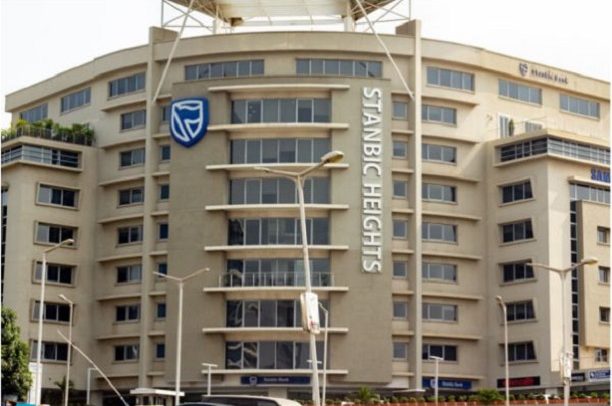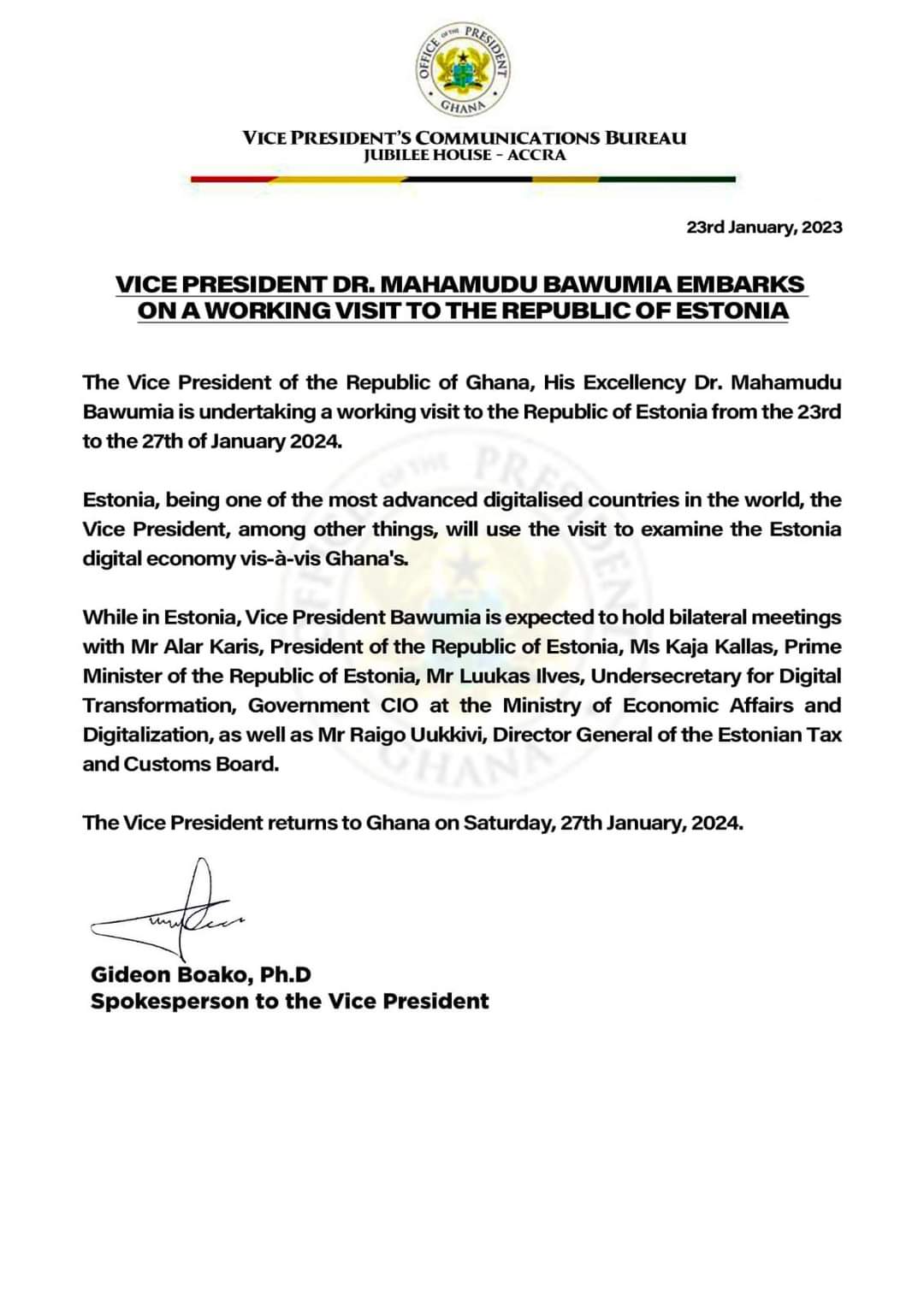
African governments have been urged to remove impediments to the development and application of science to enhance economic growth and improve the capacity to tackle the impact of climate change.
Professor Kwabena Frimpong-Boateng, Minister for the Environment, Science, Technology and Innovation, made the call in a key note address delivered on his behalf in Accra on Thursday, July 25, 2019 at the opening of an outreach event on the significance and implications of the Inter-Governmental Panel on Climate Change (IPCC) Special Report on Global Warming of 1.5ºC for Africa.
Prof. Frimpong-Boateng said transforming Africa required a science system that produced both 'technical' and 'institutional' innovation, adding that global agreements, such as the 2030 Agenda of the United Nations (UN) Sustainable Development Goals (SDGs), the Paris Agreement and the Africa Union (AU) Agenda 2063, had reinforced the message that climate action was urgent in order to reverse current trends, both in consumption and production that would go beyond a 2-degree Celsius temperature world.
He said a strong foundation was also needed to allow agriculture to thrive and enable the vast range of energy options to power African economies and industries, and to give birth to new forms of innovative entrepreneurships.
This, he explained, would constitute an important victory against climate change and present tangible ways of translating climate odds into opportunities.
Prof. Frimpong-Boateng said Ghana was making progress towards climate action, having taken the lead as the first African country with 31 Nationally-Determined Contributions (NDCs), comprising 20 mitigation actions and 11 adaptation actions.
He disclosed that the implementation of these actions would cost US$ 26 billion to be raised from domestic, international, public and private sources.
In another key note address, Professor Youba Sokono, Vice Chairman, IPCC, urged African scientists to become involved in global scientific assessments to help identify the response options that met Africa's development aspirations.
Prof. Sokono also stressed the need to work with the scientific community, including young scientists, to see how they could contribute to the scientific understanding of climate change, by publishing their scientific research works, acting as expert reviewers for the IPCC and serving as authors of IPCC reports.
He disclosed that the findings and implications of the IPCC Special Report on Global Warming of 1.5-degree Celsius for Africa, released in October 2018, was the first of eight reports the IPCC was expected release over a five-year period.
He noted that the Report had transformed the global discussion about climate change?pointing to the urgency of unprecedented action in all sectors in order to keep warming to less than 1.5 degrees Celsius, this century?a goal to which, he said, governments committed themselves four years ago in Paris to achieve.
Prof. Sokono disclosed that in August 2019, IPCC would release another Special Report on Climate Change and Land Use covering topics such as desertification, land degradation, sustainable land management and food security - all highly relevant to Africa.
The Special Report on Climate Change and Land Use, he said, would be followed by yet another Report on the Ocean and Cryosphere in a Changing Climate in September 2019.
Speaking at the event, Dr Fatima Denton, Director, United Nations University Institute for Natural Resources in Africa (UNU-INRA), urged all stakeholders to aim for a future in which climate was a key resource, an opportunity booster and a growth propellant, rather than a threat multiplier.
Dr Denton gave the assurance that UNU-INRA was a resource tool for an Africa that could use knowledge to beat climate odds, an Africa that celebrated knowledge as a bridge-builder between science and practice, an Africa that was home to functional partnerships that would amplify the African voice in the global arena and an Africa that would lean on scientific evidence to draw new battle lines to secure growth for future generations in effective natural resource management.
She stressed the need to demonstrate that climate change was not only about a carbon problem, but also how to use the carbon problem to reset the dials for a radically different development trajectory.
In a welcome address delivered on his behalf, Professor Ebenezer Oduro Owusu, Vice Chancellor, University of Ghana, pledged the support of the community of scientists in the IPCC and Centres of Excellence, such as the University of Ghana, in producing cutting-edge science and to strengthen the links between science and practice.
Prof. Owusu noted that science could create wonders when it opened doors for policy to emerge, adding that climate change was indicative of the special ways in which science could meet policy and through which humanity could transition towards a safe, inclusive and prosperous growth.
He underscored the significance of the meeting as a platform for the lead researchers of IPCC and targeted stakeholder groups to critically examine the Special Report on Global Warming of 1.5-degree Celsius for Africa, in order to make it relevant and accessible for all stakeholders.
The role of the IPCC is to inform policymakers of the state of knowledge of climate change in the scientific community and the IPCC Special Report on Global Warming of 1.5-degree Celsius for Africa, is the first report in the three decades of the IPCC in which a majority of the author team comes from developing countries.
One of the main aims of the outreach events is, therefore, to underline the importance of good science to enable policymakers and citizens to take development decisions that are sustainable, just and equitable.
The two-day regional event, covering mainly countries in West Africa, is the first of a series the IPCC is planning with African partners to present its work and findings to all regions on the continent over the next 18 months.
Representatives from Government institutions, the United Nations system, members of the Diplomatic Corps Academia, Think-tanks, Research Institutes, the Media and Youth Groups attended the meeting, which was organized by UNU-INRA and IPCC in collaboration with the University of Ghana and the African Academy of Sciences.
Hits: 68
Read Full Story




















Facebook
Twitter
Pinterest
Instagram
Google+
YouTube
LinkedIn
RSS